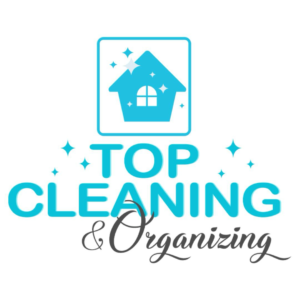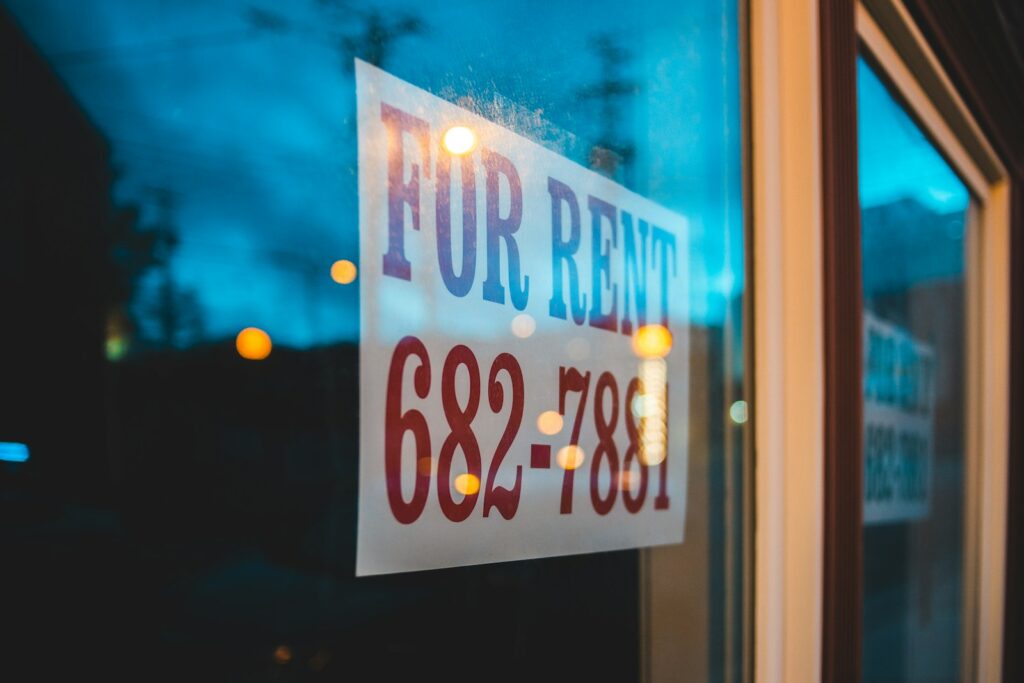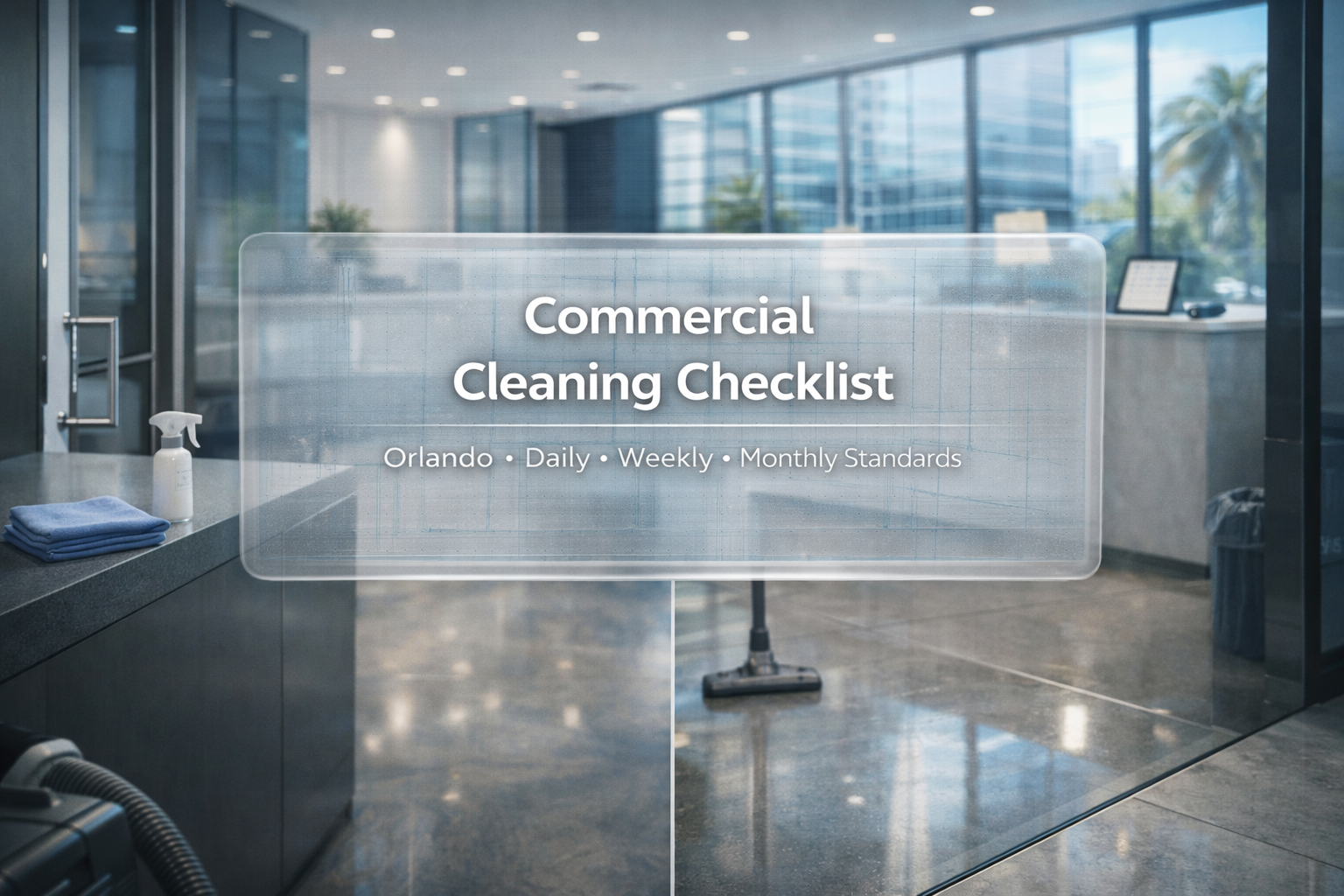When you move out, you’re mainly responsible for cleaning the unit. It’s your job to guarantee everything is spotless for the next tenant, covering areas like kitchens, carpets, and windows.
Your landlord expects a clean space and may deduct cleaning costs from your security deposit for anything beyond normal wear and tear. Some leases include nonrefundable cleaning fees, so it’s essential to know the details. Clear communication with your landlord will help avoid disputes.
If you’re curious about how to handle specific cleaning expectations and responsibilities, there’s more to explore on this topic!
Main Points
- Tenants are responsible for cleaning the property during move-out as per lease agreements.
- Landlords expect a clean unit for new tenants, outlining specific cleaning standards.
- Security deposits may cover cleaning costs if the unit is not cleaned to agreed standards.
- Nonrefundable cleaning fees may be charged upon move-in, depending on state regulations.
- Clear communication between landlords and tenants helps prevent disputes over cleaning responsibilities.
Tenants Cleaning Responsibilities
When it comes to moving out, cleaning responsibilities fall squarely on your shoulders as the tenant. You’re required to meet specific cleaning standards to guarantee the property is in good condition.
Start by washing all windows and pulling out the refrigerator to clean behind it. Don’t forget to tackle kitchen appliances, cupboards, and counters.
Vacuuming and shampooing carpets in the living and dining rooms is essential, too. Bedrooms, closets, light fixtures, and drapes need your attention as well.
Landlords Cleaning Expectations

Landlords expect a clean and well-maintained property, ready for the next tenant to move in seamlessly. It’s part of their obligations to guarantee the dwelling meets deep cleaning standards and remains habitable.
Clear tenant communication about property maintenance is essential to prevent misunderstandings. Your lease agreements should outline specific cleaning expectations, so you’re both on the same page.
Regular upkeep during your tenancy can help avoid issues at move-out. Remember, while landlords handle exterior cleaning and major repairs, you’re responsible for daily cleanliness.
Make sure you leave the property as you found it; maintaining a collaborative approach can make the shift smoother for everyone involved. Understanding these expectations can empower you to uphold your responsibilities confidently.
Security Deposit Deductions for Cleaning

Understanding your responsibilities for cleaning can greatly impact how your security deposit is handled after you move out. If you leave your space clean, it minimizes the chance of security deposit disputes.
Remember, landlords can only deduct for cleaning beyond normal wear and tear, so it’s essential to know what that means. Make sure you’re aware of tenant rights to foster cleaning cost clarity and hold landlords to accountability standards.
Document the condition of your unit as you move in and out to navigate damage assessment criteria effectively. Should disputes arise, knowing your rights can empower you to resolve issues fairly.
Communicate openly with your landlord to prevent misunderstandings and protect your hard-earned money.
Nonrefundable Cleaning Fee Regulations

Many tenants may encounter the concept of a nonrefundable cleaning fee when moving into a rental property, and it’s essential to grasp how this fee operates. Understanding the cleaning fee legality varies by state, so knowing your tenant rights is vital. Landlords have obligations to disclose fee policies transparently. You should be aware that some states allow these fees, while others consider them illegal. If you dispute a cleaning fee, you can request itemized deductions.
| Aspect | Tenant Rights | Landlord Obligations |
|---|---|---|
| Fee Transparency | Right to clear fee disclosures | Must communicate policies clearly |
| Cleaning Fee Legality | Varies by state; know the laws | Comply with state regulations |
| Dispute Resolution | Legal recourse available for unresolved disputes | Provide documentation of cleaning standards |
Fair Distribution of Cleaning Costs
When it comes to fair distribution of cleaning costs, both landlords and tenants need to work together to establish clear expectations.
Start by discussing cleaning cost sharing in your tenant agreements. Outline specific move-out guidelines that detail responsibilities for maintaining cleanliness.
When negotiating your lease, consider adding a cleaning addendum to clarify who covers what. Explore various cleaning service options to find the best fit for your budget and needs.
Remember, open communication is essential to avoid disputes. By setting these standards upfront, you can guarantee that everyone knows their obligations, cultivating a respectful landlord-tenant relationship.
Ultimately, this proactive approach fosters understanding and fairness, empowering both parties to navigate cleaning costs effectively.
Frequently Asked Questions
Can Tenants Negotiate Cleaning Fees With Landlords?
You can absolutely negotiate cleaning fees with your landlord. Emphasize fee transparency, refer to your lease agreement, assert your tenant rights, and clarify landlord expectations to foster a collaborative discussion that benefits you both.
Are There Standard Cleaning Checklists for Moving Out?
When moving out, you should create a detailed cleaning checklist outlining your responsibilities. Meeting cleaning expectations helps protect your security deposit. If needed, consider professional services to guarantee everything’s in top shape.
What Happens if a Tenant Leaves Without Cleaning?
If you leave without cleaning, your landlord might deduct from your security deposit. Review your lease agreement clauses to understand your move-out responsibilities, and know your tenant rights regarding cleanliness and landlord obligations.
How Can Tenants Document Their Cleaning Efforts?
To document your cleaning efforts, keep cleaning receipts, take before photos, maintain cleaning logs, and create communication records. This shows you met landlord expectations, ensuring clarity and protecting your rights during the move-out process.
Are There Specific Cleaning Standards for Different Property Types?
Different property types have distinct cleaning standards. In your lease agreements, clarify cleaning expectations for residential standards, commercial properties, and vacation rentals. This guarantees you meet requirements and fosters a positive relationship with your landlord.





